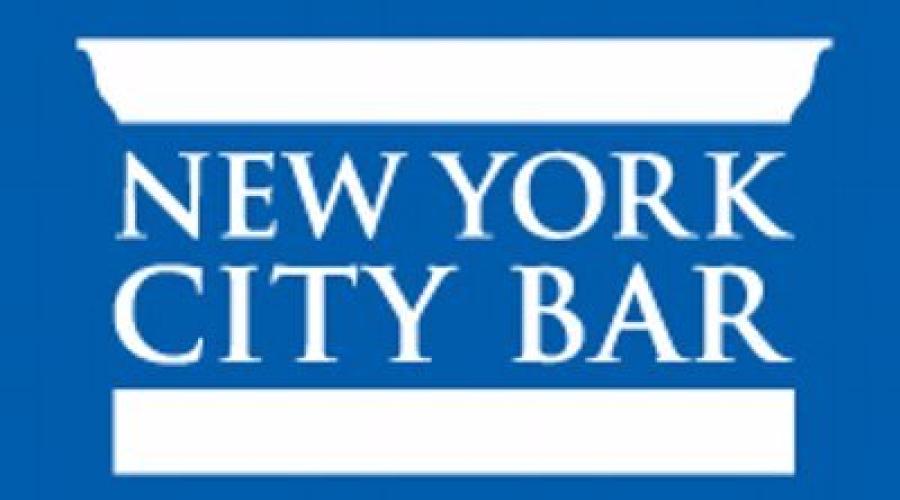
CJEI Joins with NYC Bar Association on Webinar
Cornell ILR’s Criminal Justice and Employment Initiative joined with the NYC Bar Association, CUNY’s Institute for State and Local Governance, and the Pipeline Crisis/Willing Strategies Initiative to present the program, Supporting Reentry and Creating Opportunity: Implementing Strategies to Support the Successful Reentry of Individuals who were Formerly Incarcerated. The webcast, which took place on June 7, 2021, featured Manhattan District Attorney Cyrus Vance and highlighted the importance of reentry programs, reviewed winning strategies, and identified the types of assistance—other than funding—that law firms and financial institutions can provide.
The program included representatives from four organizations that provide reentry support services:
- Exodus Transitional Community, founded by a formerly incarcerated individual, is a community-based organization in the Bronx. Exodus takes a holistic approach to reentry and delivers innovative programming tailored to adults and youth affected by the justice system. It serves over 2,000 New Yorkers every year and its participants have only a 4 percent recidivism rate.
- Living Redemption Youth Opportunity Hub is a community-based organization in Harlem that concentrates on prevention and intervention. It employs formerly incarcerated individuals as “credible messengers” to deliver services to youth and young adults. To date, Living Redemption has served 85,356 people.
- Concordance Academy of Leadership, located in St. Louis, MO, takes a comprehensive approach to reentry and starts working with participants six months prior to release. It was founded by a former CEO of Wells Fargo Advisors, and has effectively engaged with the Federal Reserve Bank of St. Louis, as well as other banks, law firms, and private sector companies. Concordance has reduced reincarceration among its participants by over 40 percent.
- Roca, Inc. is based in Boston, MA, and works with difficult to reach young adults. Roca engages young adults, police, and systems at the center of urban violence in relationships to address trauma, find hope, and drive change. It serves over 900 high-risk young people annually across 21 counties in Massachusetts, as well as in Baltimore, and has worked with thousands of young adults since its founding in 1988.
